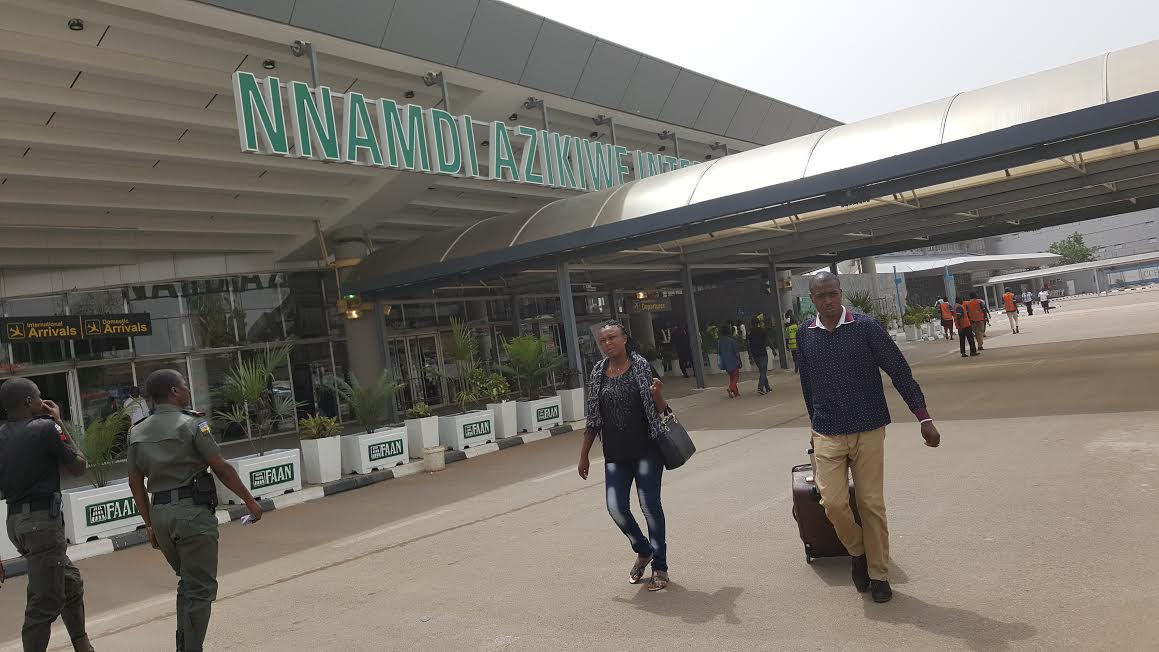Increase in mental health cases, which leads to various crimes: suicide, murder and other self-destruct are common today in our nation. We do not believe this is peculiar to Nigeria but it has become a major concern across the continent.
Even in the US, national alliance in mental health statistics showed about 43.8 million adults, which is one out of five adults, experience mental health illness every given year. In addition, the above statistics also showed that 9.8 million, which is one out of 25 adults, experience a substantial mental illness which interfere or limits one or more major life activities. The obvious from the above is that mental health challenges are now a reality in our world today.
We have read many articles online about other countries’ experience. A friend in Benin Republic had to start an advocacy work from development angle based on her brother and personal experience. In Nigeria, there has been an increase in the numbers of suicide cases: people jumping into the Lagos lagoon. Some adults raping minors as a result of wrong beliefs, etc.
Over the weekend in Nigeria, a married woman in Benue state was alleged to have slaughtered her three children, her husband and herself. Media coverage of the event showed the alleged lady had been known to have anger management issues, among others. This, she had manifested in her work place and at home. She was reported to have beaten the husband many times. In this last attempt, neighbours alleged she first came out to destroy her husband’s car before killing the entire family including herself.
Advertisement
Mental health is real. But in Africa, it comes with a self-condemning, demeaning and derogatory image. Visiting a psychiatric hospital is like a taboo. The common view is that the individual has run mad and should be avoided like plague. Many will avoid marriage with such families. This perspective can be traced to myths, taboo or mystery.
Despite the fact that the media knows better, media in Nigeria and Africa has not seen the need to constantly debrief the society of this wrong assertion by making a commitment to continuously shed light on mental health issues as normal. It is never too late to act. It is better late than never. What should Nigeria media and Africa at large do now?
Step up a conversation around mental health. There are times when silence is not golden. With mental health, time is now. It is time to start dedicated columns, programmes where mental health takes the lead. The public need to know it is not abnormal to see a professional when one needs help .
Advertisement
Educate the public. Media needs to do more than talking about it. Quality ‘info-edu-tainment’ contents must be produced for different media platforms and shared in a way that will appeal and engage influencers who will be happy to join the crusade. We must do everything possible. When it comes to shaping the society, media has a major role.
Changes in health communication curriculum in our media institutions: Health communication curriculum in our media training institutions may need a reappraisal too. The present health communication curriculum in our media training institutions, departments in higher education courses today are becoming obsolete.
If we must make significant progress, our future media practitioners need a new level of exposure and teachings which can prepare them adequately for the challenges ahead.
Advertisement
Views expressed by contributors are strictly personal and not of TheCable.







